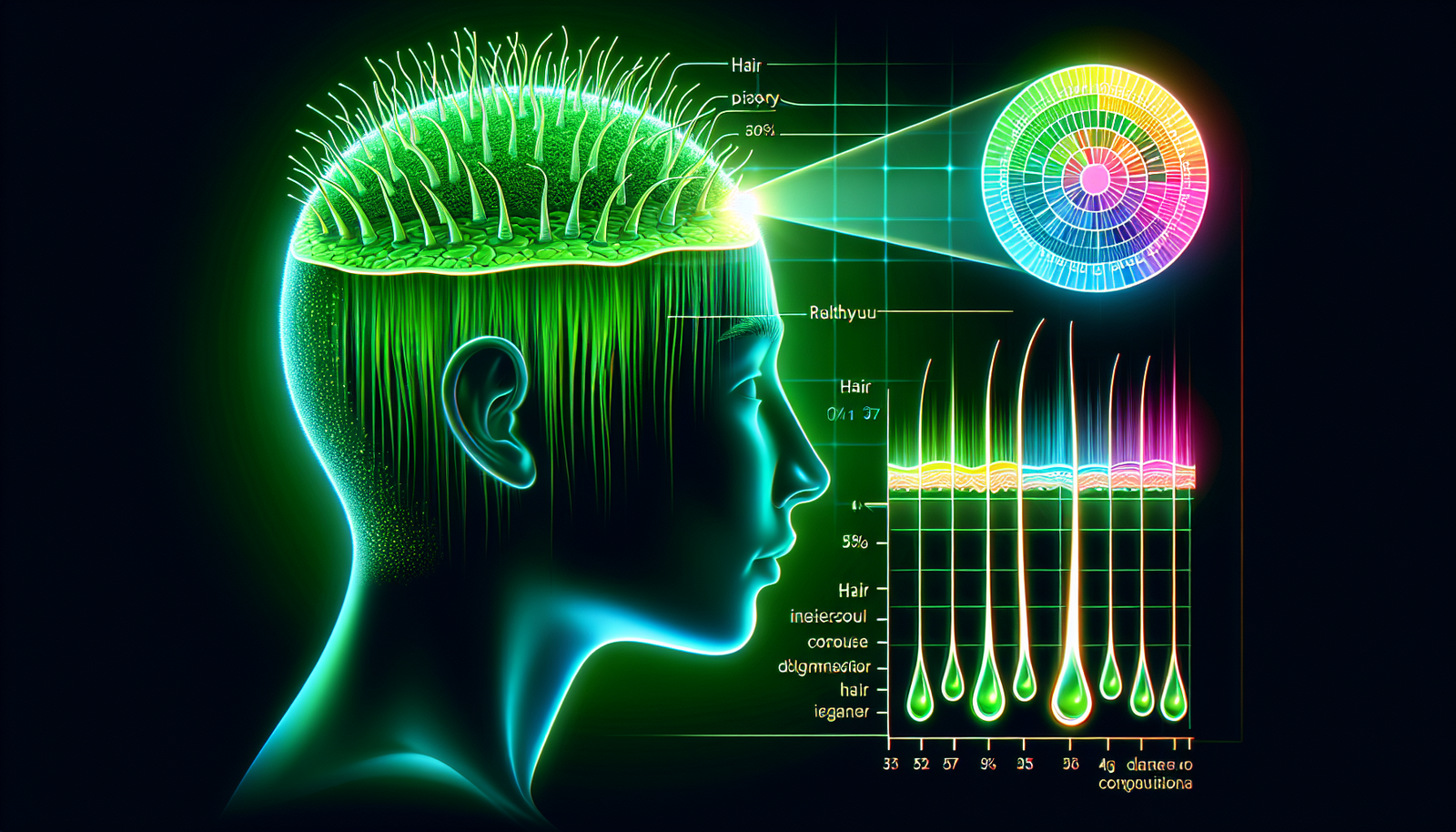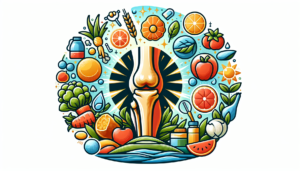Collagen Support: A Natural Way to Reduce Wrinkles
Understanding Collagen: The Structure of Your Skin
Collagen is a protein that serves as a fundamental building block for skin, bones, tendons, and ligaments. It accounts for about 30% of the body’s total protein content and roughly 70% of the dry weight of the skin. Composed of amino acids, collagen grants structure, strength, and elasticity to the skin. It forms a scaffold-like structure that aids in skin hydration and provides firmness. Unfortunately, collagen production declines with age—starting in our mid-20s—leading to wrinkles and sagging skin.
The Aging Process and Collagen Depletion
As we age, our bodies produce less collagen, which can manifest as fine lines, wrinkles, and a lack of structural integrity in the skin. Environmental factors—like UV exposure, pollution, smoking, and poor diet—can further accelerate collagen breakdown. Between the ages of 20 and 80, the skin can lose approximately 75% of its collagen. Understanding this relation between aging and collagen depletion is essential for those who seek natural remedies to manage their skin’s appearance.
Natural Methods to Boost Collagen Levels
-
Dietary Sources of Collagen
- Bone Broth: Bone broth is rich in collagen sourced from boiling animal bones and connective tissues. It’s packed with proteins and amino acids, especially glycine and proline, which are essential for collagen synthesis.
- Fish: Fish, particularly those with skin such as salmon and tuna, is rich in collagen. Marine collagen supplements, derived from fish scales or skin, are also gaining popularity for their bioavailability and effectiveness.
- Chicken: Consuming chicken not only delivers protein but also collagen-rich connective tissues. Chicken skin contains a significant amount of type II collagen, beneficial for skin health.
- Eggs: While eggs are not a direct source of collagen, they do contain high levels of amino acids necessary for collagen production, particularly proline.
-
Vitamin C-Rich Foods
- Vitamin C is a vital co-factor in collagen synthesis. It plays a crucial role in stabilizing and cross-linking collagen molecules. Foods rich in vitamin C include:
- Citrus fruits (oranges, lemons, grapefruits)
- Berries (strawberries, blueberries, raspberries)
- Bell peppers
- Leafy greens (spinach, kale)
- Kiwi and pineapple
- Vitamin C is a vital co-factor in collagen synthesis. It plays a crucial role in stabilizing and cross-linking collagen molecules. Foods rich in vitamin C include:
-
Antioxidant-Rich Foods
- Antioxidants help combat oxidative stress, which contributes to premature aging and collagen degradation.
- Berries: Blueberries and blackberries are particularly high in antioxidants like anthocyanins.
- Dark Chocolate: Dark chocolate (with at least 70% cacao) contains flavonoids that enhance the skin’s overall density and hydration.
- Nuts and Seeds: Almonds and walnuts provide vitamin E, which aids in protecting skin cells from oxidative damage.
- Antioxidants help combat oxidative stress, which contributes to premature aging and collagen degradation.
-
Hydration
- Hydration helps maintain skin elasticity, reducing the appearance of wrinkles. Water aids in the transport of nutrients throughout the body and plays a role in collagen synthesis. It’s essential to drink enough water daily, considering factors like exercise intensity and climate.
-
Herbal Remedies
- Aloe Vera: Known for its skin benefits, aloe vera can stimulate collagen production while providing moisture to the skin.
- Ginseng: Ginseng is believed to improve collagen synthesis and can be applied topically as a part of skincare routines.
- Gotu Kola: Traditionally used in Ayurvedic medicine, gotu kola is thought to boost collagen production and enhance wound healing.
- Lifestyle Changes
- Quit Smoking: Smoking significantly contributes to collagen breakdown. Research indicates that smokers have more surface wrinkles than non-smokers due to the effects of nicotine and other chemicals on collagen synthesis and blood flow.
- Limit Sun Exposure: UV rays can degrade collagen at an alarming rate. Wearing sunscreen daily, even in winter, can protect your skin from harmful rays.
Topical Treatments to Support Collagen
-
Retinoids
- Retinoids (both prescription and over-the-counter) are known to stimulate collagen production in the skin. They enhance cell turnover and promote the growth of new skin cells while diminishing the appearance of fine lines and wrinkles.
-
Peptides
- Peptides are short chains of amino acids that can signal the skin to produce more collagen. Many skincare products now contain peptides, which can help improve skin elasticity and firmness with regular use.
-
Hyaluronic Acid
- Although not a direct collagen booster, hyaluronic acid is a potent humectant that helps retain moisture in the skin, making it plump and youthful. Its hydrating benefits support the skin’s structure, allowing collagen to perform optimally.
- Vitamin C Serums
- Topical Vitamin C can protect against free radical damage and encourage collagen synthesis. Incorporating Vitamin C serums into your skincare routine may result in brighter, firmer skin over time.
Supplements for Collagen Support
-
Collagen Peptides
- Collagen peptides are hydrolyzed collagen that can easily be absorbed by the body. Numerous studies indicate that taking collagen supplements can improve skin elasticity, hydration, and overall texture while reducing wrinkles.
-
Vitamin C Supplements
- Supplementing with Vitamin C can enhance collagen production. It’s often recommended alongside collagen peptides to maximize skin benefits.
-
Biotin
- While primarily known for its hair and nail benefits, biotin may also support skin health and collagen production. It is often included in beauty supplements for its comprehensive effects.
- Omega-3 Fatty Acids
- Omega-3 fatty acids are crucial for maintaining skin health. They help in reducing inflammation and may assist in keeping the skin hydrated, thus promoting a youthful appearance.
The Role of Exercise in Collagen Production
Regular physical activity increases blood circulation, providing nutrients and oxygen to the skin. Exercise promotes overall health, including better digestion and hormone balance, which can indirectly support collagen production. Weight-bearing exercises can also help build muscle mass, which supports the skin by reducing the appearance of sagging.
The Importance of Sleep and Stress Management
Adequate sleep allows the body to repair itself, including the skin. During sleep, growth hormones are released, aiding in tissue repair and collagen production. Chronic stress can lead to hormonal imbalances and inflammation, both of which can accelerate collagen breakdown. Incorporating stress-relief practices like yoga, meditation, or deep-breathing exercises can help maintain skin health.
Summary of Collagen Support Strategies
Understanding the integral role of collagen in skin health can empower you to take proactive measures in your skincare regimen. Through diet, lifestyle changes, topical treatments, and supplements, you can foster an environment conducive to collagen production. Emphasizing a holistic approach—combining healthy eating, exercises, stress management, and effective topical applications—can support your skin in its battle against wrinkles and aging, helping to maintain a youthful appearance.








